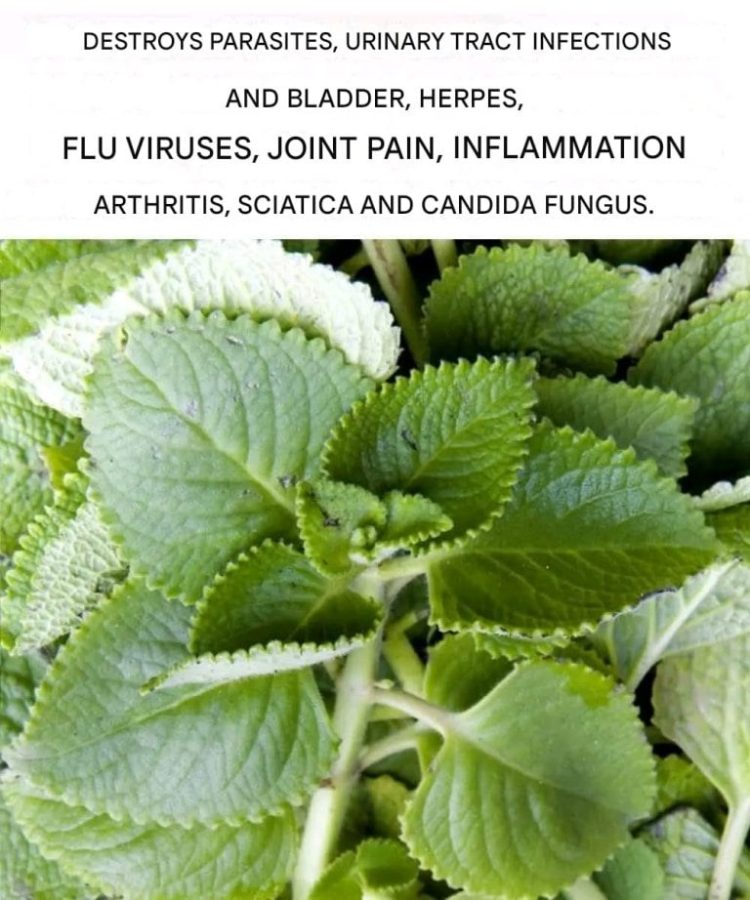Fungal infections, especially those caused by Candida species, can be persistent and challenging to treat. Oregano oil’s thymol content gives it strong antifungal activity, making it effective in managing fungal infections both internally and externally.
People use oregano oil diluted in carrier oils to treat skin conditions like athlete’s foot or ringworm, and some incorporate it into their diets to help maintain healthy yeast levels in the gut.
5. Rich Source of Antioxidants
Oregano is packed with antioxidants, which are molecules that neutralize harmful free radicals in the body. Free radicals contribute to oxidative stress, which damages cells and accelerates aging.
Regular consumption of oregano—whether fresh, dried, or as an oil—can help boost your antioxidant intake, supporting cellular health, protecting against chronic diseases, and promoting longevity.
How to Incorporate Oregano Into Your Daily Life
The beauty of oregano is its versatility. Here are some easy and delicious ways to enjoy oregano and tap into its health benefits:
- Culinary Use: Sprinkle dried oregano over pasta, pizza, grilled vegetables, or roasted meats. It pairs wonderfully with tomato-based dishes.
- Oregano Tea: Steep fresh or dried oregano leaves in hot water for 5–10 minutes to make a soothing herbal tea. Add honey or lemon for extra flavor and benefits.
- Oregano Oil: Use oregano essential oil sparingly and diluted in a carrier oil (like olive or coconut oil) for topical applications. Consult a healthcare professional before internal use, as it’s very potent.
- Salad Dressing: Mix oregano with olive oil, lemon juice, and garlic for a simple, healthy dressing full of flavor and wellness.
Precautions and Tips
While oregano is generally safe for most people, a few considerations are important:
- Essential oils are highly concentrated: Always dilute oregano oil before topical use to avoid irritation.
- Pregnancy and breastfeeding: Consult your healthcare provider before using oregano supplements or essential oils during pregnancy or while breastfeeding.
- Allergies: Some individuals may be allergic to oregano or related plants (such as marjoram, thyme, or basil). Discontinue use if you experience any adverse reactions.
- Medication interactions: Oregano can interact with certain medications, especially blood thinners and diabetes drugs. Always check with your doctor if you’re on medication.
Final Thoughts: A Little Herb with Big Benefits
Oregano might be small and unassuming, but it holds a mighty place in both the kitchen and the medicine cabinet. Its rich history, powerful natural compounds, and broad range of health benefits make it a true gift from nature.
Whether you’re battling digestive issues, fighting off a cold, or simply looking to boost your antioxidant intake, oregano offers a natural, flavorful solution. So next time you reach for the oregano shaker, remember—this humble herb is so much more than just a seasoning. It’s a healer in disguise.
Have you experienced oregano’s health benefits? Do you use it in any unique ways? Share your stories and recipes below!
